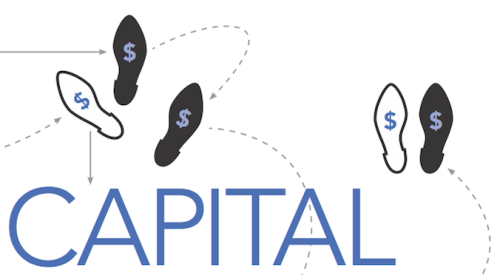|
Dean Horowitz, Publisher
|
Nothing exceeds the value of relationships in the home building business. Nothing. OK, let’s qualify that: Nothing exceeds the value of relationships that are based on shared trust, clear communication, performance excellence and a focus on making great things happen through mutual efforts.
Over the summer, I was with a few builders who lamented the biggest change in the residential construction industry: the loss of the handshake agreement. Their fathers built communities based on the simplest agreements. “You agree to get your team here on Monday morning of the third week of June. You get the materials here on Tuesday. I will pay you on Friday.” They blame the influx of business school graduates in the home building industry for the loss of trust. Their position is that these “outsiders” have made this an impersonal business.
An interesting perspective, but business relationships fundamentally must change at the same speed as your business. If a relationship isn’t changing positively, then it must be dying.
As a builder, you scrutinize the value of supply chain relationships. You set expectations and minimum performance requirements for trades — a step that probably isn’t necessary if you create trade relationships collaboratively. Personnel shifting among competing companies seems more rampant than ever, and the availability of some building materials and the liability issues associated with others mean your friend might cost you delays or be named alongside you in a lawsuit. Frequent government code and governing body changes bring stress for everyone, and insurance requirements often dictate many areas of a building business, a fact that isn’t going away.
Can this environment accommodate the trust required for handshake deals? Despite the simplicity and speed it provides, few relationships in home building can afford a handshake agreement any longer. We are not at a point of change but perhaps a point of realization of the change.
Contracts are now one of our most significant communication platforms to ensure that work gets done on time, on budget and with the same understanding. This never happened with a handshake.
But intangible assets — the relationships formed between individuals — can’t be inventoried because they forever are changing. One elusive element in valuing a building firm is the actual power of its relationships. A bank’s process of evaluating a loan for a company includes its relationships. The bank uses the five C’s — character, capacity, capital, collateral and cash flow — as criteria and an interpretation of the business. Who and what the building firm is at its core, including business ethics, product differentiation and sales strategies, attract and simultaneously push away relationships that define that company’s character. Character, as defined by these relationships, influences a company’s access to capital and therefore the opportunities for growth and, in many instances, survival.
A few days ago, I was told business friendships aren’t really friendships at all. They are relationships based solely on mutual financial and political needs. You might spend a great deal of time with your employees and business associates, but when it comes down to it, they will choose self-preservation above you and the so-called friendship. Talk about cold. Perhaps times have changed and only a lucky few builders create business friendships that thrive. Maybe individual workers are out only for themselves.
One thing is irrefutable, though: Home building is not an automated business. The value of the handshake or written contract rests in the hands of individuals and the spirit they bring to the relationship.










